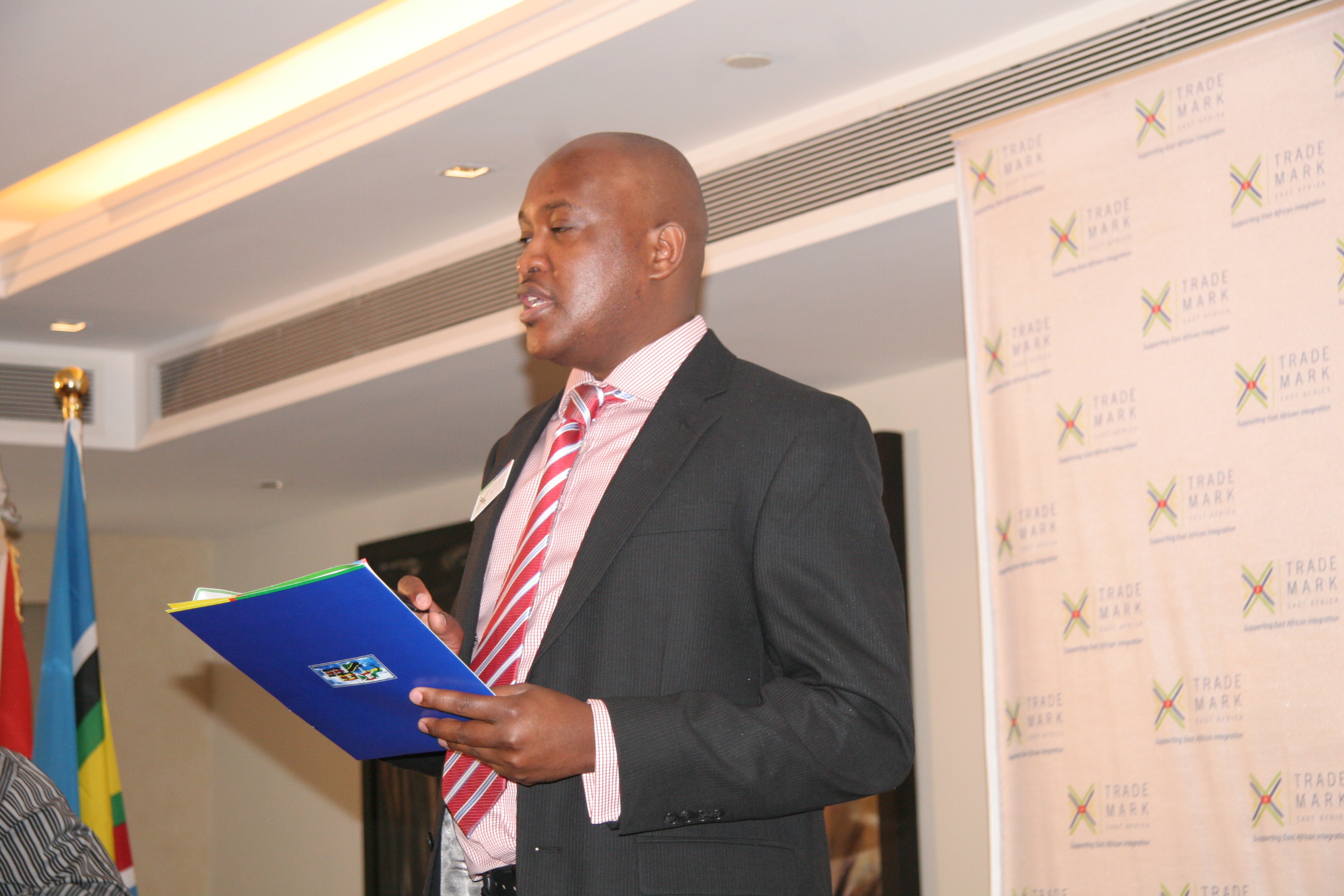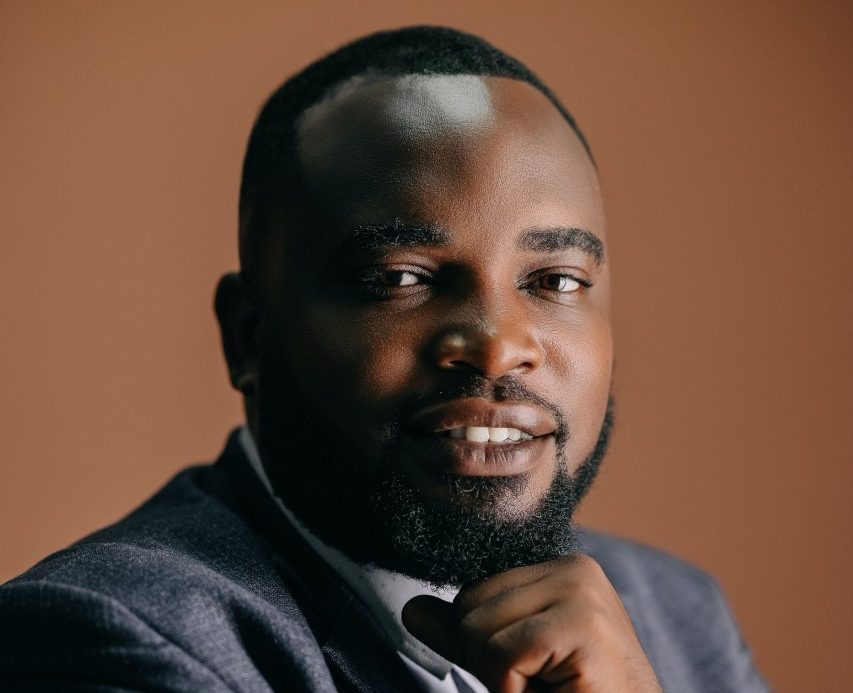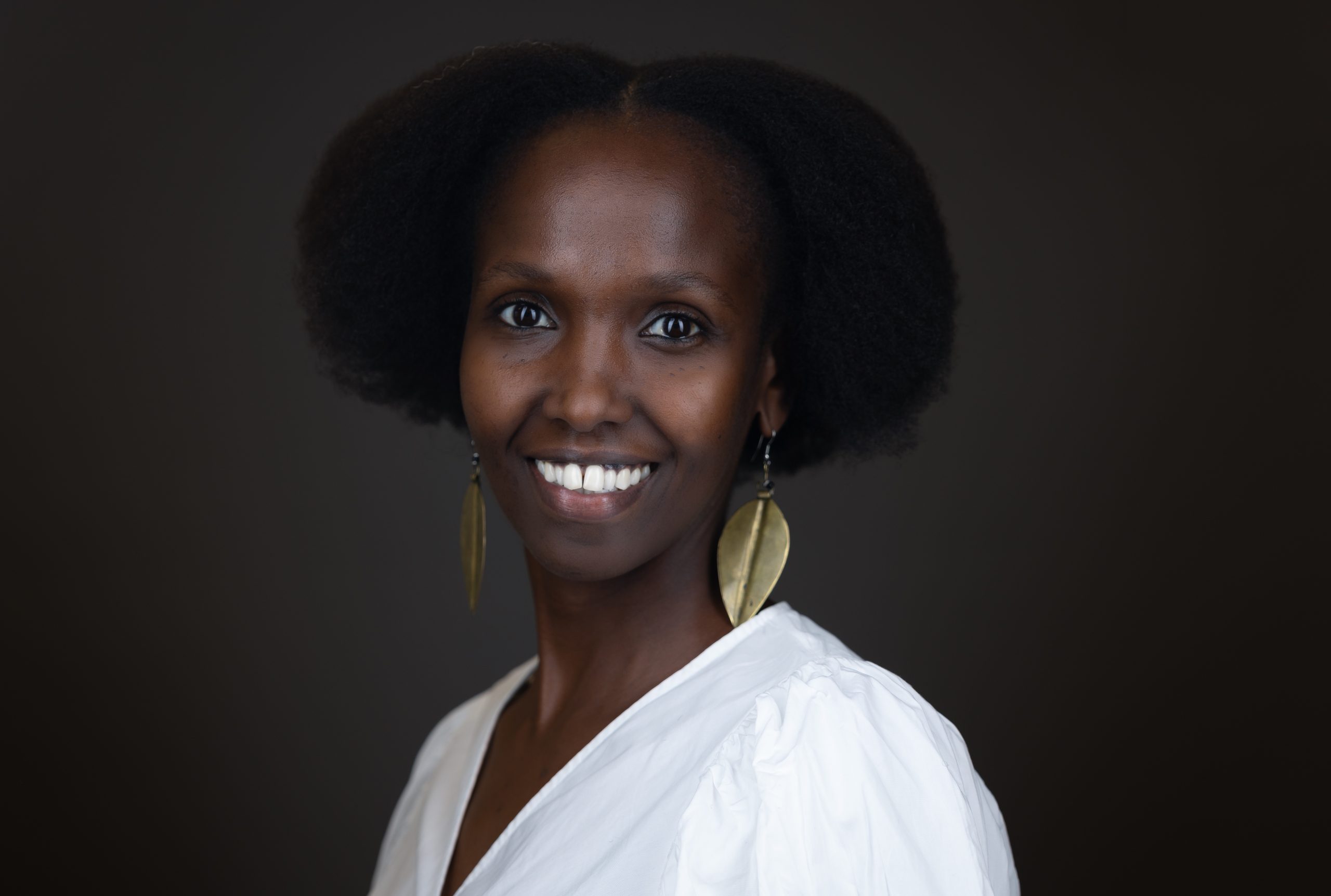Nelson Karanja is a communications professional with an admirable track record and growth in the communications industry. We particularly love the fact that he shared 10 very important tips for younger comms professionals who want to rise to the peak of their career. Read Nelson’s profile below and enjoy his interview with us:
Nelson is a high caliber communications executive with 20+ years’ experience in different international environments covering profit and non-profit sectors. He has solid success directing & implementing successful broad range of Communication and Public Affairs projects. He has also provided effective communications strategies, advice and support to Chief Executives and Board of Directors
What do you love most about working in the communications field?
Communications is such a dynamic field, new tools, approaches, and ways of doing things. You always need to keep yourself knowledgeable. I also see the role of communications in any organisation, using the analogy of a relay race. The various teams in the organisation (finance, operations, procurement etc.) will run the various legs, and the comms unit is responsible for finishing the race, communicating a company’s results, achievements, engaging its employees etc.
Take us back to how you began your career. What steps did you take and how did you rise through the ranks?
I started my career in advertising working for the largest agency in East Africa (Media Initiative, Kenya which is part of the WPP Global Agency) as a media planner. My role entailed planning the advertising requirements for our clients and determining how their media budgets were implemented and translating this to impact – on their specific objectives set for the period, growth, sales revenues, profitability etc. I was then promoted and sent to Tanzania to head the media unit as the Media Director.
At this point, an international public health organisation had won a large USAID contract to manage and implement a national social marketing and behaviour change programme. I was head hunted and appointed as the Behaviour Change Communications manager. After 3 years, I was promoted to the Communications Director role.
At the end of 2010, I decided to return home to Kenya and joined a new organisation implementing aid for trade programmes in Eastern Africa as a senior communications manager. As a new organisation, implementing complex infrastructure and trade facilitations programmes, growing the organisation’s brand and reputation was key, and this was a task that I cherished. In 2017 I was promoted to the Communications Director role.
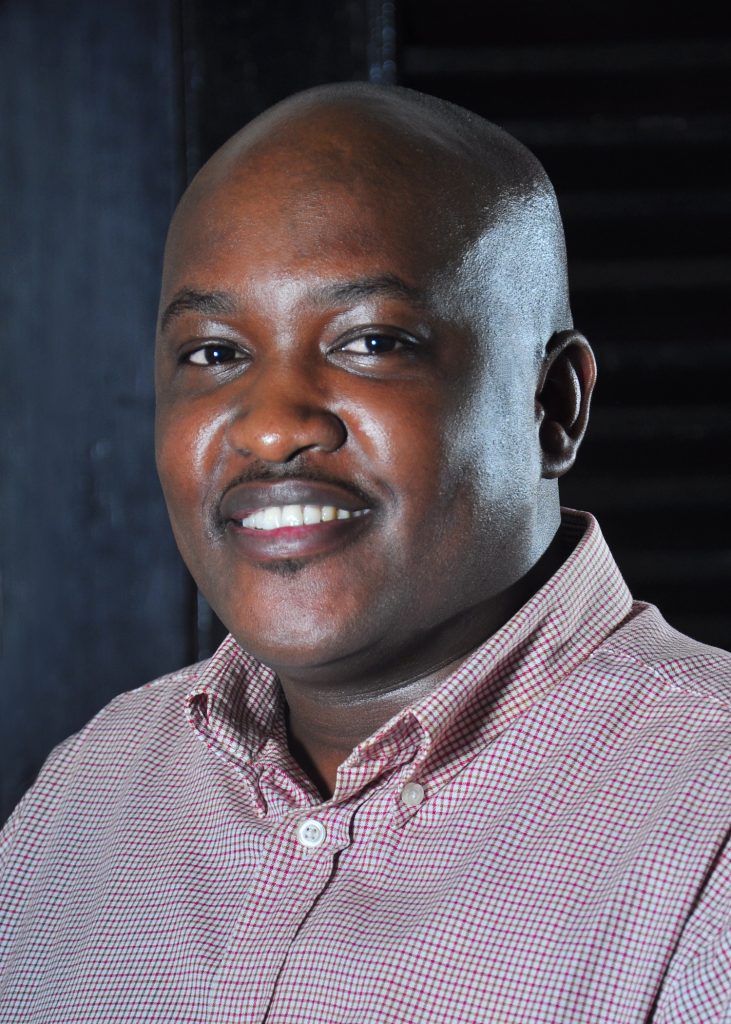
What is required to rise to the role of Communications Director in an organization?
While there is no professional licensing requirement for becoming a communications director, communication professionals can take certain steps to prepare to qualify for such a position. A bachelor’s degree in communications, public relations, journalism, or another communications-driven major, such as English or history, offers a strong start for those hoping to step into the role of communications director.
Some undergraduate programs include an internship component, which provides an excellent opportunity to experience day-to-day life in a communications department. After graduation, students can pursue a career in communications as a content writer or social media manager, or in an administrative role. During this time, they can see how organizations handle issues in the real world, rather than in a classroom, while simultaneously making business contacts and honing their skills.
In your opinion, what core skills do young professionals need to have to be outstanding in their career?
Aspiring communications professionals need to be versatile, quick-thinking, able to communicate effectively both verbally and in writing, and productive in a high-pressure, fast-moving environment. Most communications departments are a beehive of activity and usually an engine room for any organisation. With new and emerging media, one will need to be adept at mastering digital communication platforms and be skilled in graphics design.
What book or podcast has had a huge impact in your professional journey?
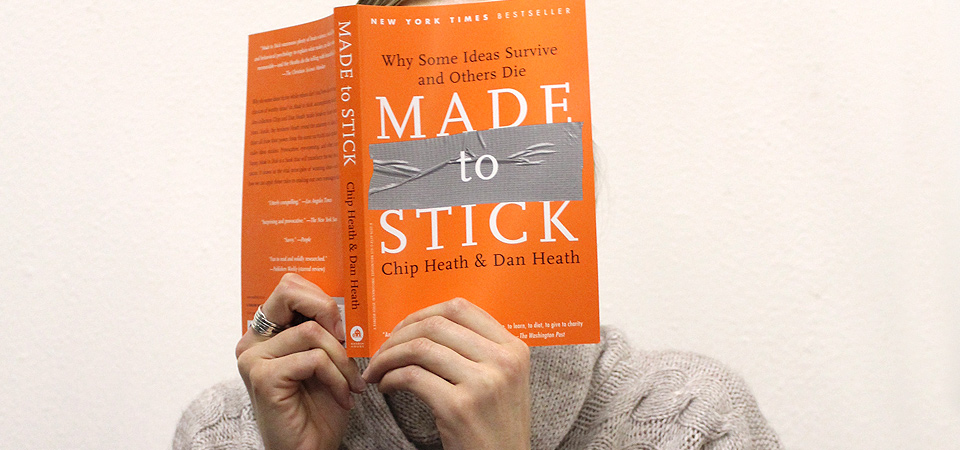
Made to Stick by Chip Heath and Dan Heath. The book explores why some ideas thrive, why others die, and how to improve your idea’s chances. As communicators, we are tasked with developing compelling communication that our audiences can remember and act to, and this book breaks down why some ideas/messages will thrive and others will not, a great nugget.
I am also guided by Martin Luther King Jr’s quote on leadership and purpose. “If a man is called to be a street sweeper, he should sweep streets even as Michelangelo painted, or Beethoven composed music, or Shakespeare wrote poetry. He should sweep streets so well that all the hosts of heaven and earth will pause to say, here lived a great street sweeper who did his job well.”. I believe in giving your ultimate best in any task and making this a habit and not just a routine.
What professional advice would you give to your younger self?
Follow your passion. Passion will be your north star that will help guide you throughout your career. Passion will provide the energy that will help keep you motivated and excited as your career takes its natural twists and turns. Passion will attract others and make you a stronger leader. Passion will give you authenticity. As Steve Jobs, the former genius founder, and CEO of Apple, said “The only way to do great work is to love what you do.”
Be confident and seek leadership opportunities. Confidence is like a gravitational force in life. People will follow you if you appear to know where the future lies. People will start to seek your advice and wisdom on many topics when you seem to have inner confidence and conviction. Confidence is the basis of leadership. It does not have to be shouty leadership as quiet leadership styles can be very effective. But find opportunities to lead.
Find mentors. Mentors can push you hard to reach further and seize opportunities than you might believe possible. They can be a sound boarding as you reach junctions in the road. They can tell you when you are being unreasonable. They can help provide perspective when times are difficult, and the journey has encountered bumps.
Be resilient in the face of setbacks and stay the course. A career is never a straight line. It will have many highs and lows. It is a rare person that will go straight from the classroom to the boardroom without pausing for breath. Expect setbacks. Everybody has them. It is how you respond to them that defines you. Resilience is the most important trait you can have.
Be curious and always learn. The moment you stop learning is the moment you make the choice to stall your career. The world is changing at an unprecedented pace. Within the past generation we have gone from a world of no email, no iPhones, no computers to a world where technology is changing every facet of our lives from how we communicate and socialise to how we shop and how we work. The half-life of change is shortening, suggesting that we can expect change to come more and more quickly. There is always something more to learn.
Take risks and seize opportunities. Take risk early. We naturally become more risk adverse with age as family and financial commitments rise, so use your twenties as a chance to explore different work environments, roles, and industries. This will allow you to have a better perspective going into your thirties as to where you should focus your energies.
Step outside your comfort zone — have the courage to walk towards the fear. Several of my friends and acquaintances have intimated to me that the most personal and professional growth they experienced is when they took on challenging roles outside their normal comfort zone and this led them to unleashing new skills and expertise.
Your Network is your net worth. I have heard many people say, “I really am no good at networking!” But networking is a skill. And it is a critical skill for your career. Build networks and maintain them. They will be an important asset in future.
Stay humble and respectful — character matters. It is important to stay grounded and humble. Never get arrogant and believe your own press. Be yourself and treat others with respect just as you would like to be treated — it is all about people.
Dream a big future. As my wife always tells me, if your dream does not scare you, it is not an ambitious dream. But expect to work hard as you reach for your dreams. Nothing will be given to you on a silver platter. And just because you do something well in the past does not mean the future owes you anything. You will need to continue to work hard and prove yourself at all stages of your career. Every day think that you need to make a difference no matter how successful you might become.

